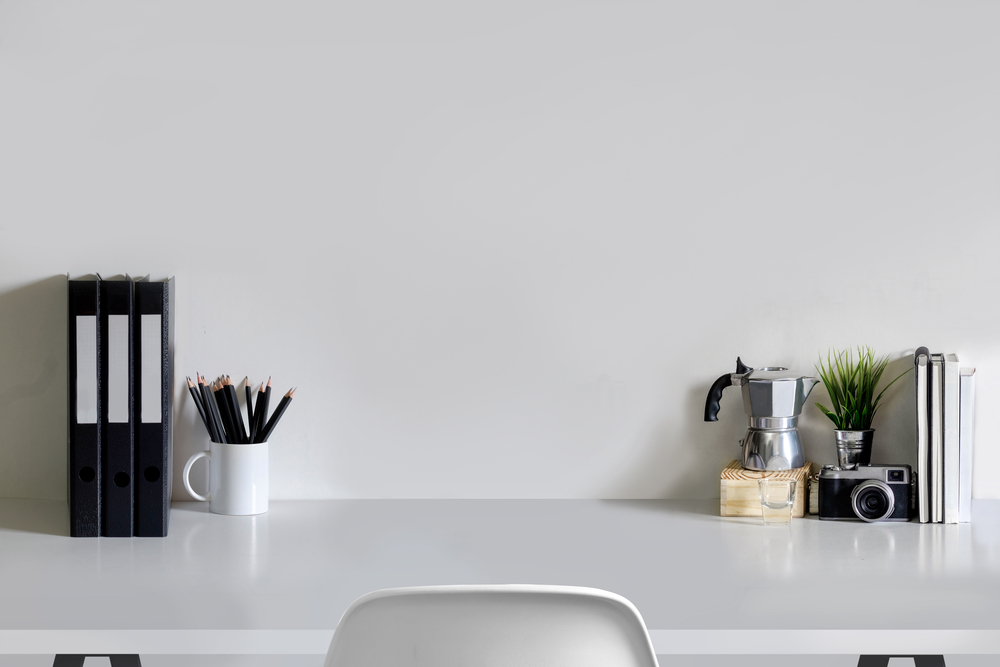Pandemic prompts new housing and innovative office spaces in Japan
As the trending remote work lifestyle looks to stay in the future, Japanese developers are brainstorming innovative ways to meet accommodation expectations

According to The Japan Times, the pandemic has induced work-from-home arrangements, forcing people to rethink their housing priorities and developers to brainstorm innovatively.
A survey conducted by job site operator Biz Hits indicated that 428 out of 500 teleworkers were working either from their living room or bedroom. Almost 45 percent said they were unsatisfied with their current workspace, and around a third prioritised having their own home office.
“Homes in Japan used to primarily function as places where people went back to sleep after work,” says Chihiro Shimizu, a professor at the University of Tokyo and Nihon University and an expert on real estate economics. “For many, they now also serve as an office, leisure and relaxation space, as well as a gateway that connects them to local neighborhoods, where they shop and dine much more often than before.”
As a result, traditional property facilities and functions may no longer accommodate the needs of a new generation of remote workers.
“That said, people won’t be able to enjoy the perks of cities — good schools and hospitals, nice bars and restaurants, and plenty of places to shop — if they relocate to the sticks,” Shimizu says. “So it’s a matter of finding the right balance.”
Ken Kamata, a manager in Panasonic Homes’ marketing division, said cramped living and dining spaces have become an issue among families, leading to increasing demand for one-story homes in the suburbs.
According to survey results by Lifull Co., 20.4 percent of 20,016 respondents who were planning to either rebuild their homes or buy new houses said they had refrained from visiting realtors due to the pandemic.
Saya Miura of Panasonic Homes’ said, “There’s a growing need for online options that allow consumers to plan for their homes without face-to-face interactions.”
As hygiene becomes a priority, companies have been promoting homes with sinks and closets strategically placed, so residents can immediately wash their hands upon returning home and change their clothes before entering living areas.
Moreover, as urban areas offer limited space for private studies and workstations, people have been moving out of the city.
Aya Sato of Daiwa House Industry Co., said, “Many people no longer need to prioritize commute time when choosing a place to live. But rather than taking a big leap and moving to the countryside, it seems they are attracted to areas that have good access to the city while boasting an abundance of nature.”
Meanwhile, office space has also been undergoing a slew of changes as companies reduce their real estate footprints and workers spend more time at home.
More: Japanese property companies increase sales to investors
Workplaces will be decentralised, with more companies adopting satellite offices and shared offices, while floor plans become flexible.
“Hybrid work models in which employees can continue to work remotely for part of the week will likely continue even after the pandemic,” said Sayaka Fukuda, a spokesperson for Vis Co. “That means these new design concepts will stick.”
The Property Report editors wrote this article. For more information, email: [email protected].
Recommended
Why everyone is moving to Selangor and Johor: Malaysia’s real estate comeback
Malaysia’s upturn in fortunes is especially prevalent in secondary destinations such as Selangor and Johor
Penang’s silicon boom: How the US-China tech war is supercharging local real estate
Penang’s booming semiconductor industry has created ripples within the local real estate sector
New leader, new opportunities: How Hun Manet is shaking up Cambodia’s real estate game
Hun Manet is overseeing decent economic growth and widening access to the country’s real estate market for foreigners
Singapore embraces inclusive housing reforms amid resilient demand
The Lion City’s regulatory strength continues to exert appeal for international investors








